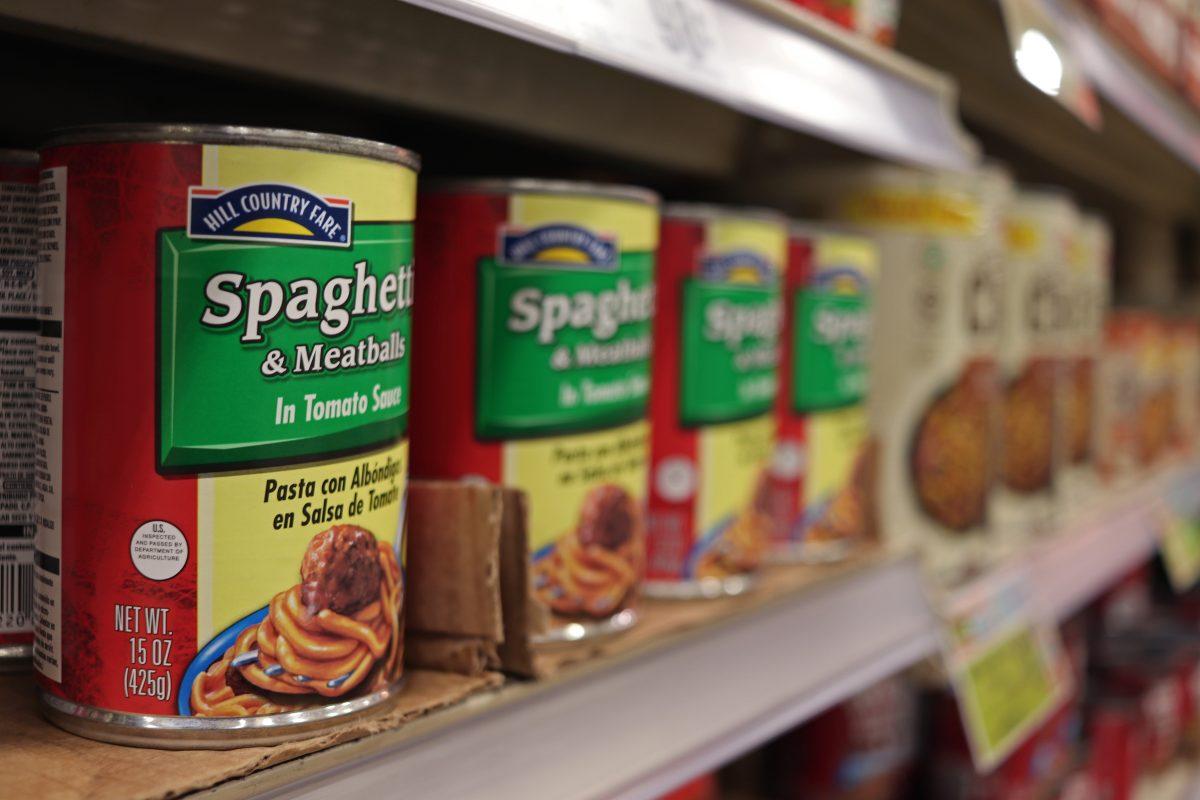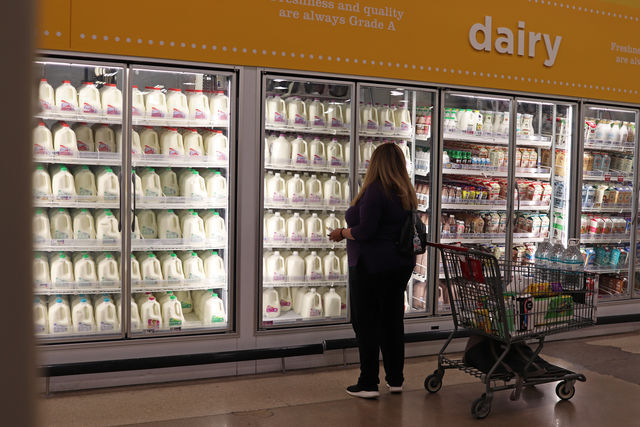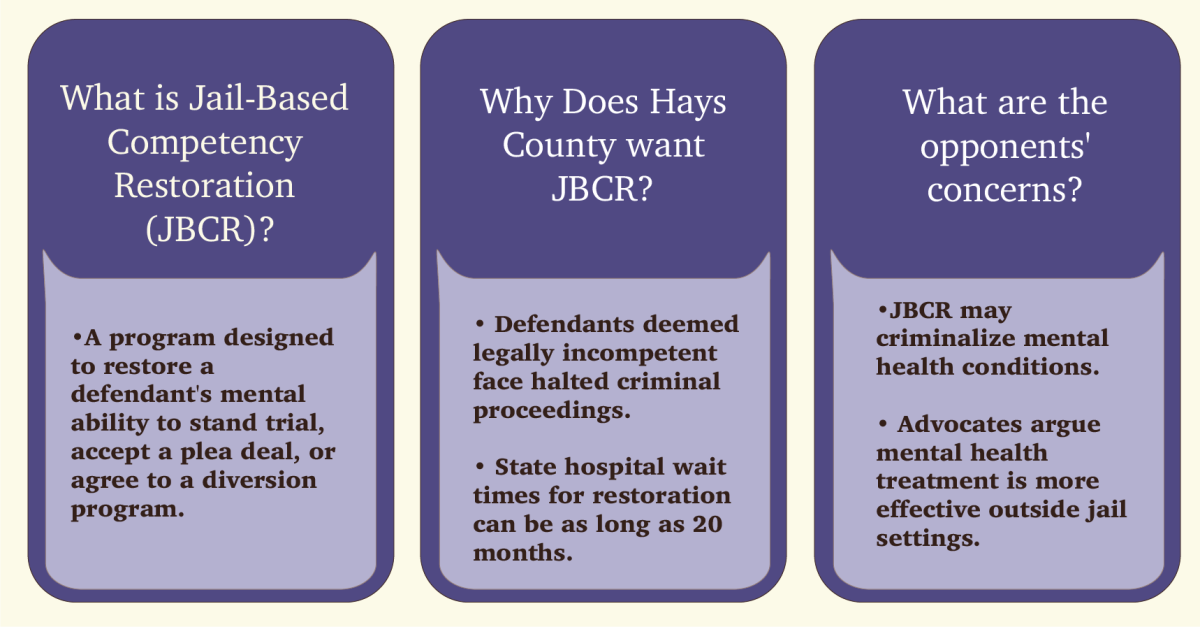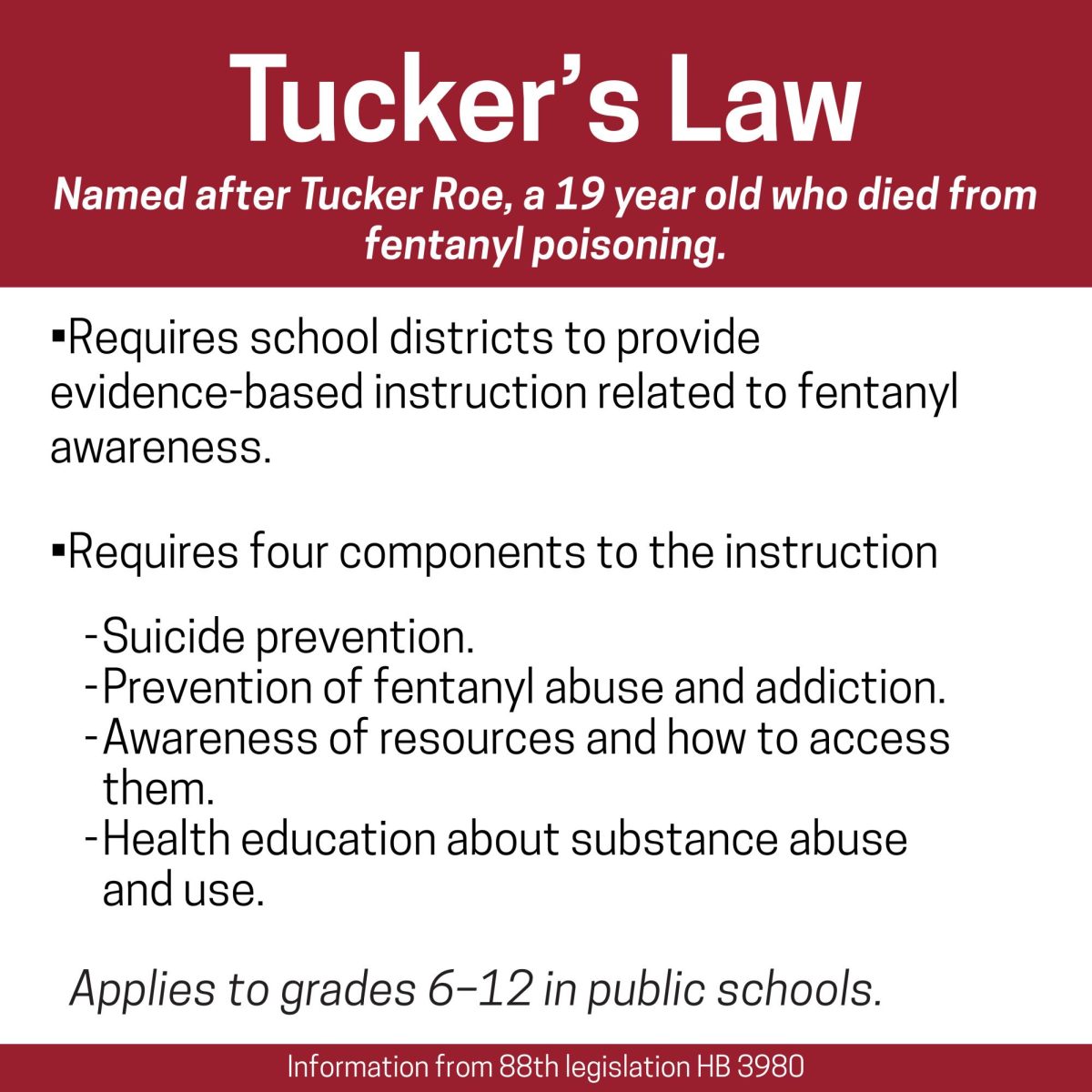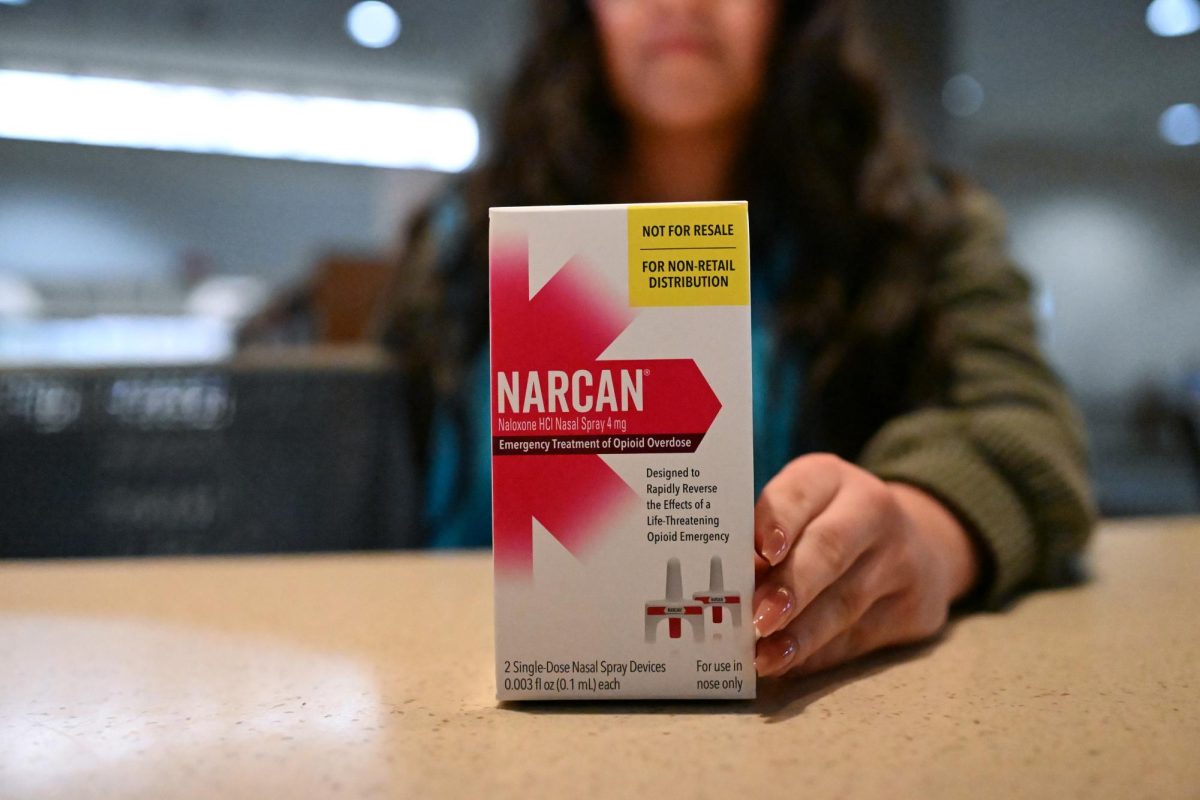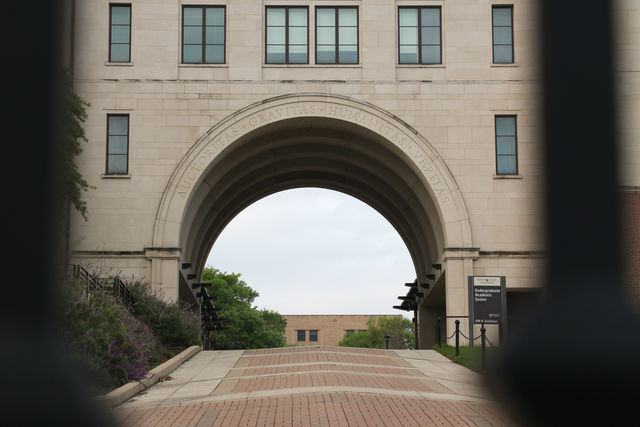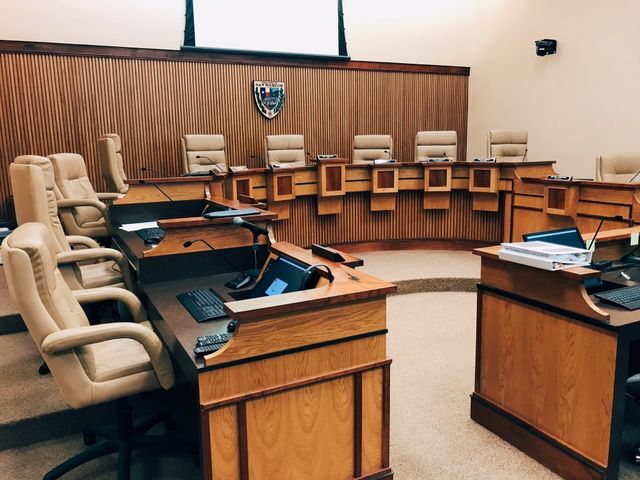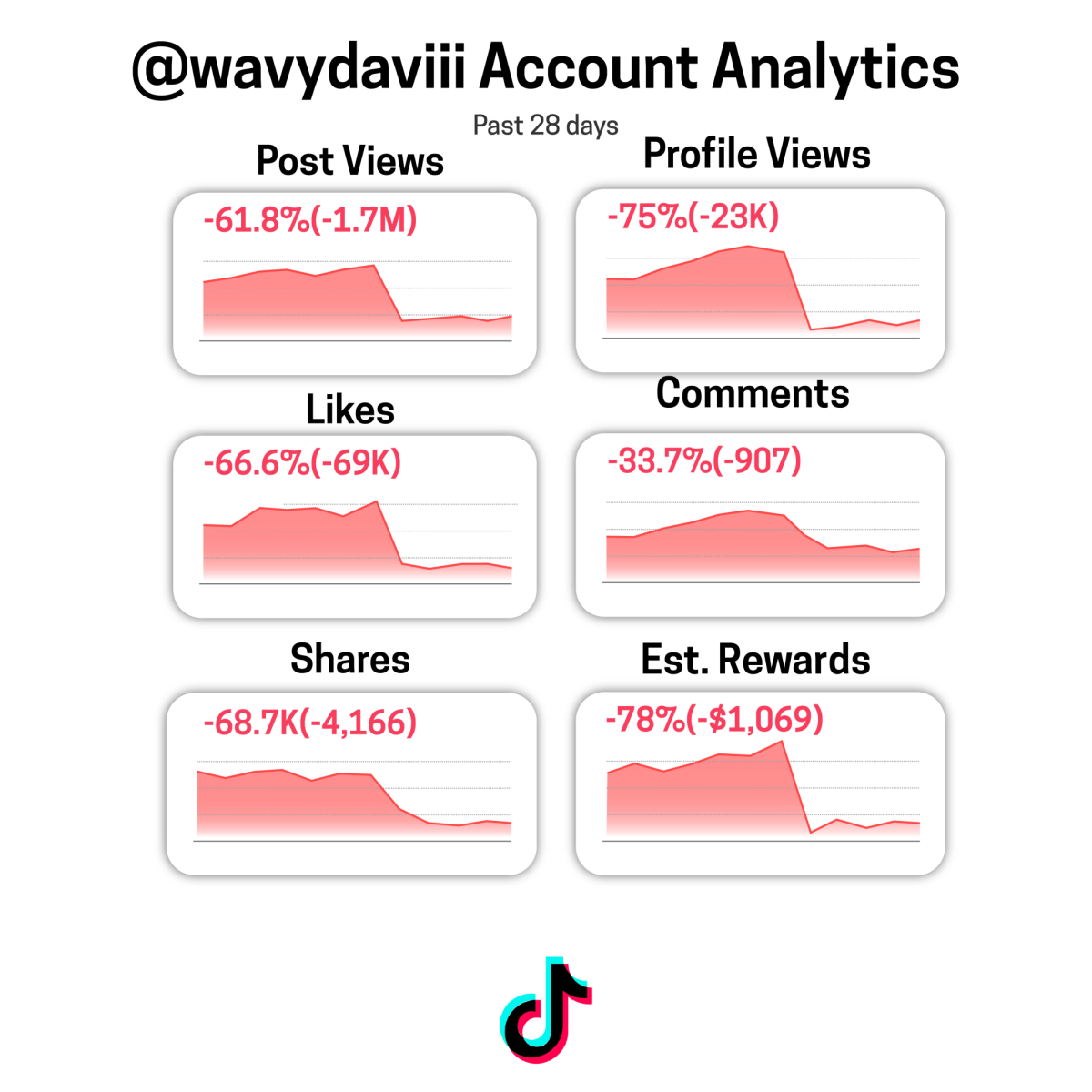Despite the recent temporary expansion of the Supplemental Nutrition Assistance Program (SNAP)’s eligibility requirements, students and Hays County nutrition experts believe the expansion is overdue and fear it will be short-lived.
SNAP’s eligibility expansion came after the 2021Consolidated Appropriations Act was passed. The act seeks to assist college students impacted by COVID-19 by helping combat food insecurity.
SNAP’s eligibility extension includes students who are eligible to participate in state or federally financed work-study during the regular academic year or who have an expected family contribution (EFC) of zero in the current academic year on the Free Application for Federal Student Aid (FAFSA).
Traditionally, SNAP eligibility is based on monthly income alone. According to Miriam Manboard, a human nutrition graduate student and research assistant for the student-run food pantry Bobcat Bounty, SNAP guidelines were initially established when the majority of college populations consisted of students from well-off, middle-class families.
“There’s a bit of an assumption that college students don’t have to worry about security as much because all college students are obviously from, like, middle-class backgrounds and can afford to have [food security] which really isn’t the truth anymore,” Manboard says.
Traditional SNAP eligibility guidelines left many low-income students, like Kayla Mckee, a communication design junior, having to bear the burden of an aged legislation.
“Although I’m grateful, I think it’s pretty ridiculous that it took this long, and it took a pandemic for [low-income students] to be able to have this opportunity,” Mckee says.
Because of the eligibility extension, Mckee qualifies for SNAP benefits and is undergoing a lengthy application process in hopes of lessening the extra financial responsibilities that come with being a full-time student.
“I have rent, I need gas money… if I get SNAP, it would help me finally be able to start saving money. Usually, I have just enough money to do the things I need to do,” Mckee says. “Even though it will probably just be a little bit, I can at least start putting some [money away] for when I graduate next year.”
Despite the eligibility expansion, Manboard is concerned this small victory may only provide brief relief for students, as only temporary extensions remain in effect until 30 days after the federal government lifts the nationwide designation of the COVID-19 public health emergency.
According to Manboard, the issue of food insecurity among college students has been ignored for too long. She says the temporary expansion of SNAP benefits only scratches the surface of what needs to be done in order to ensure college students are food secure.
“College students, that group can be overlooked by many of these service programs. There’s also this theme of a lack of resources for college students,” Manboard says. “[Food insecurity is an issue] that’s only recently getting attention, [but it’s] actually been an issue for a while now. We just recently started paying attention to it.”
Ttory Capes, client intake lead at the Hays County Food Bank, believes it is essential to identify cases of food insecurity among students to properly utilize assistance resources.
“I think we’ve discovered, especially during this pandemic and especially during [Winter Strom Uri], food may not be as reliable to some people as we think,” Capes says. “It’s important to take advantage of this and make sure that [the] food situation is all settled, so, at the very least, you know at the end of the day, you can afford food.”
While SNAP provides relief to families and individuals in order to secure food, little is done about the stigma of utilizing government nutritional assistance.
“People think if people are taking advantage of this program, you’re somehow lesser than. That’s just not the case,” Capes says.
Mckee says the stigma is difficult to overcome, but believes acknowledging the issue is the first step toward creating permanent change. She hopes the extended temporary SNAP eligibility requirements will be here to stay, and that students who need the assistance can receive help in the future.
Bobcat Bounty food pantry is available to all qualifying Texas State students. The pantry is open every Thursday from 5-7 p.m. at the Mitte parking lot. Sign-up slots to visit the pantry reset each Tuesday at 4 p.m.
Hays County Food Bank offers a community partner program to help with SNAP applications. For more information visit https://haysfoodbank.org/snap-assistance.aspx or call (512) 392-8300 ext. 225.
Categories:
Students, local experts worry temporary SNAP benefits are not enough
Tatiana Torres, News Contributor
April 26, 2021
0
Donate to The University Star
Your donation will support the student journalists of Texas State University. Your contribution will allow us to purchase equipment and cover our annual website hosting costs.
More to Discover


